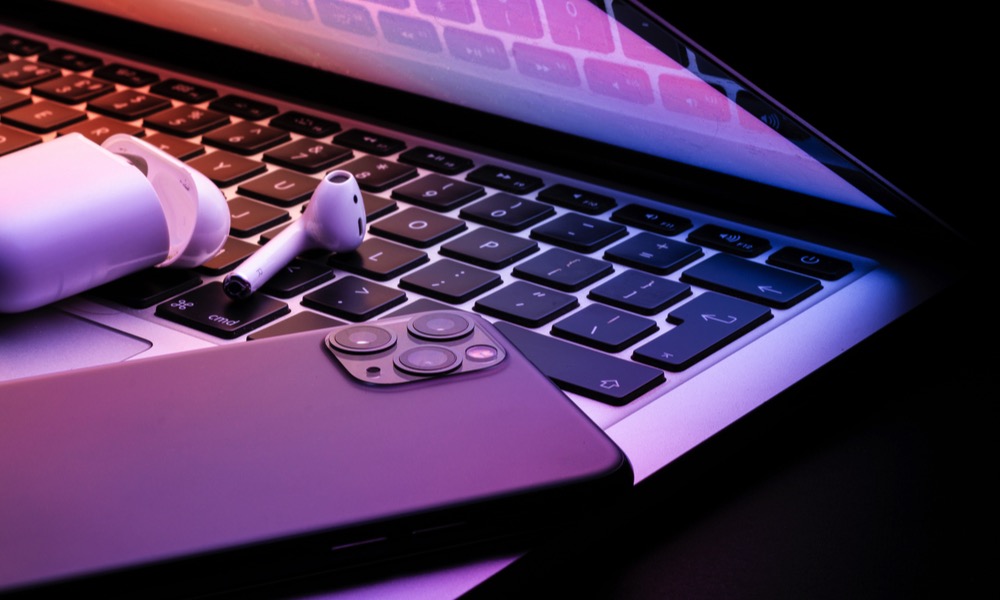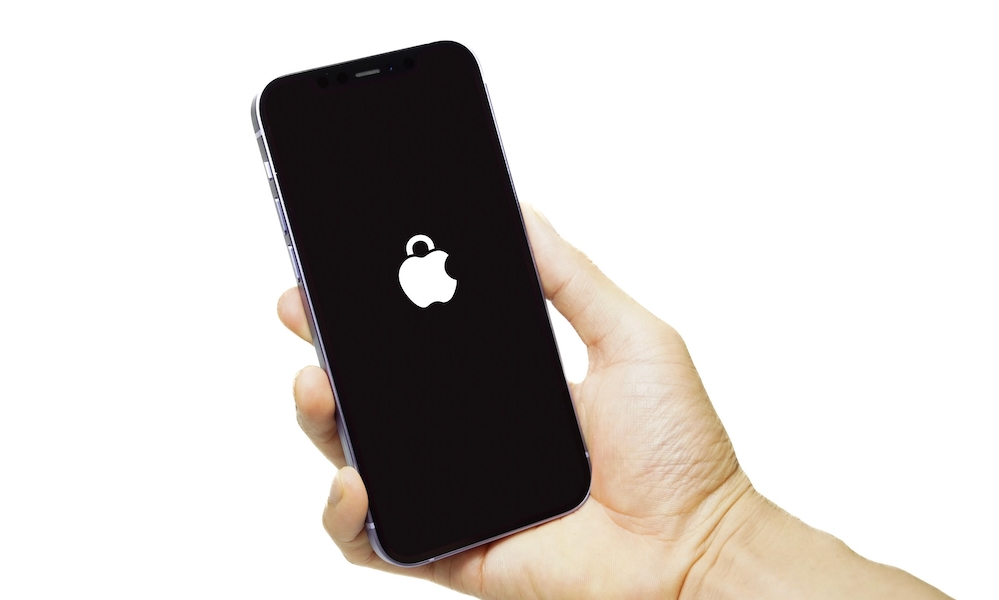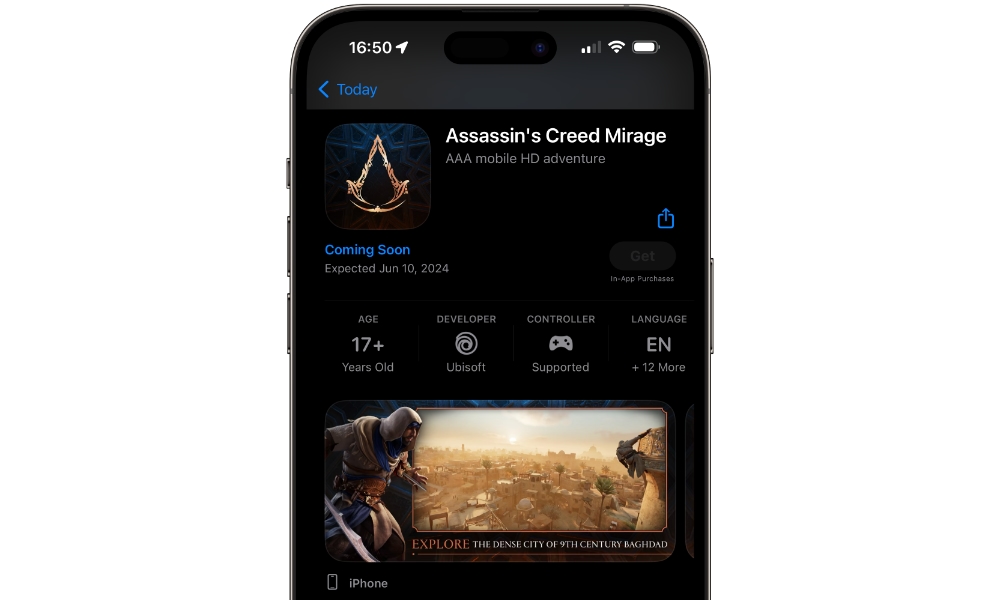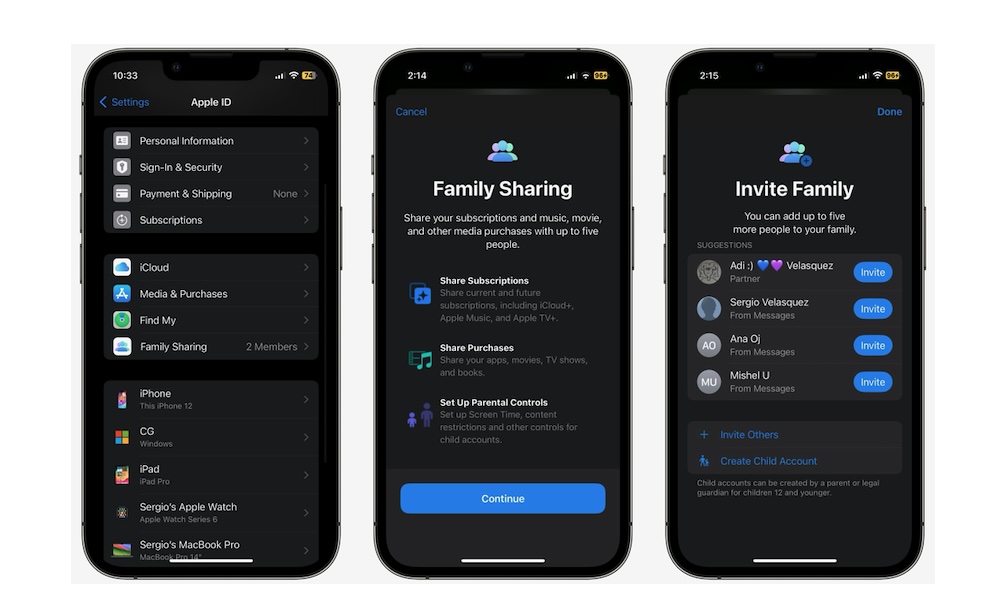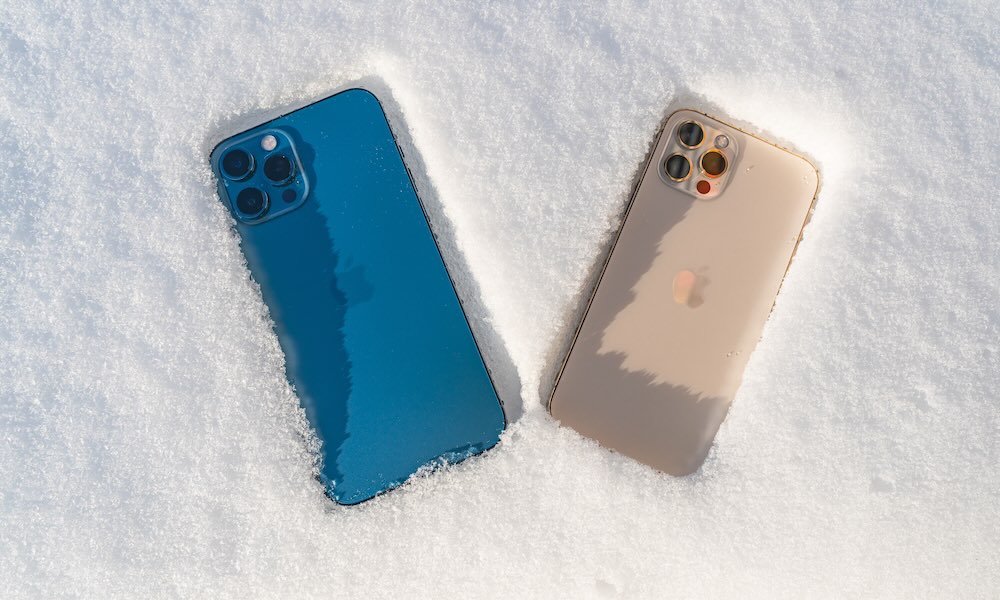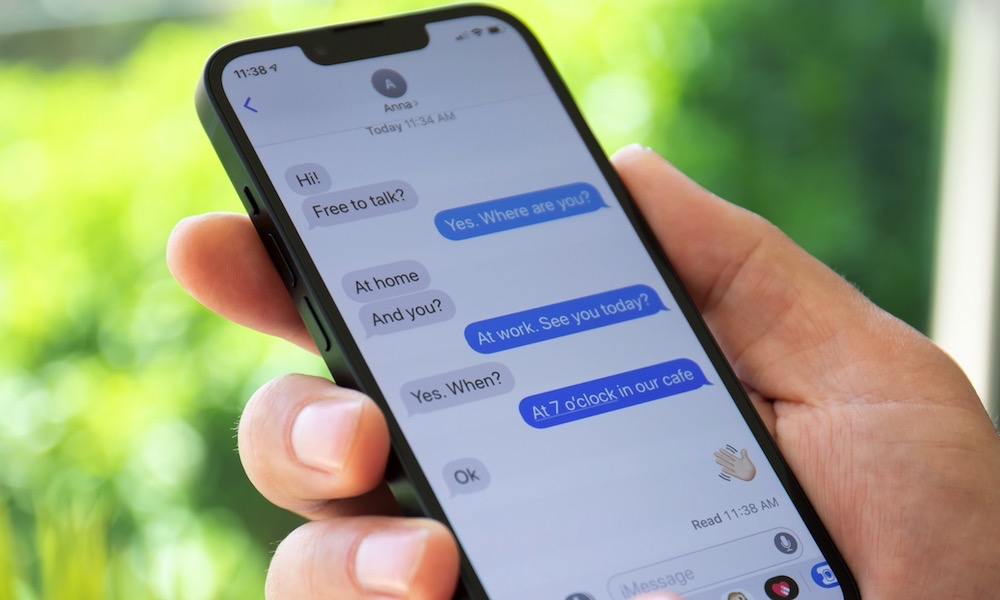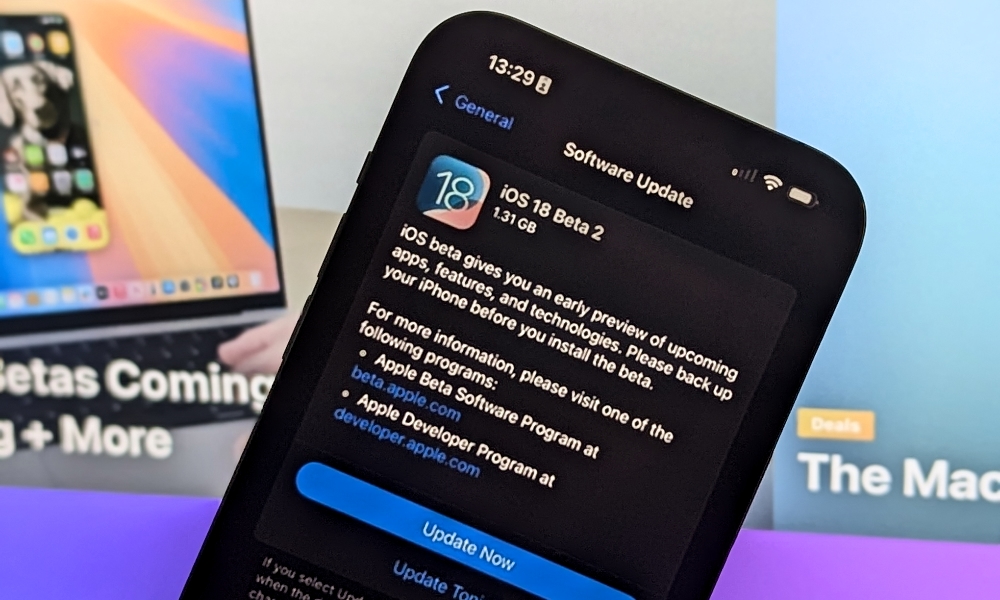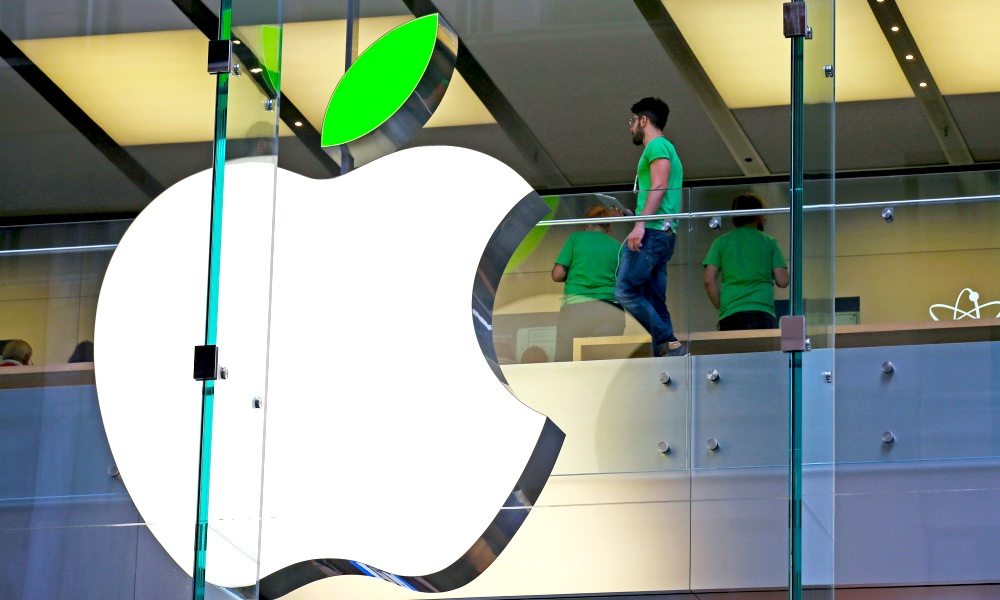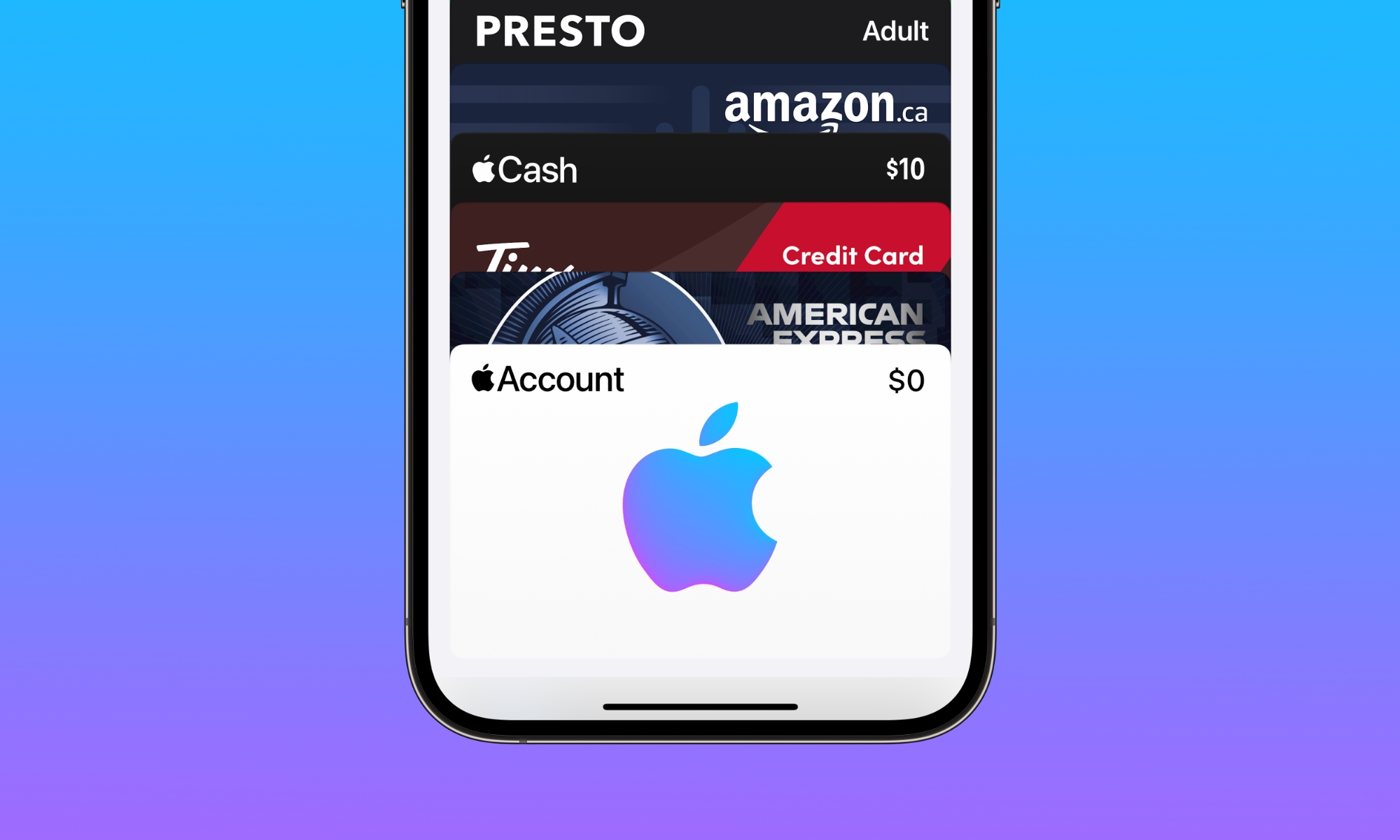10+ Reasons to Choose iPhone Over Android
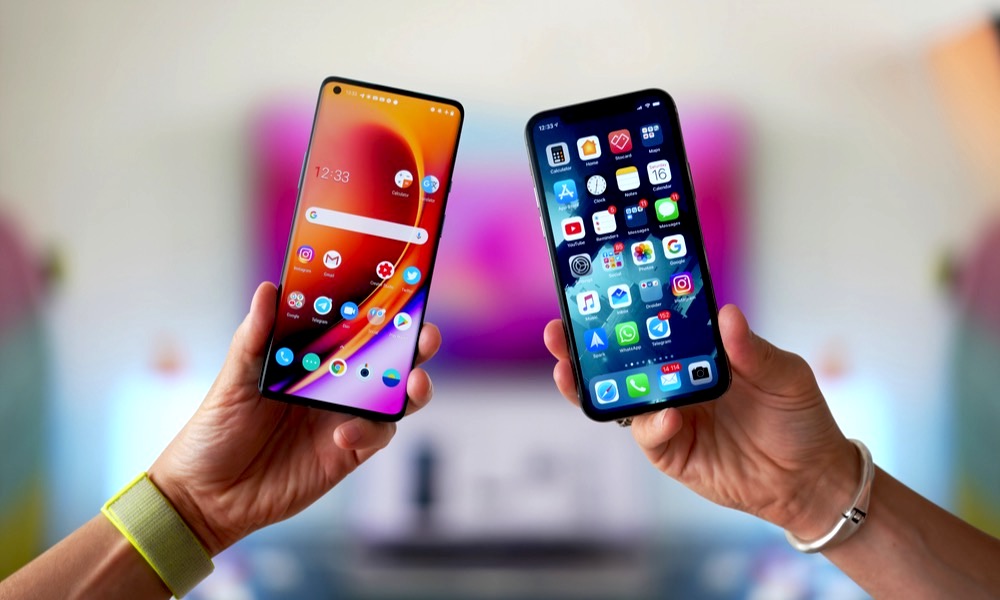 Credit: Mr. Mikla / Shutterstock
Credit: Mr. Mikla / Shutterstock
There's been an ongoing debate for well over a decade on which smartphone platform is better: iPhone or Android.
Sure, both operating systems and devices have a lot of benefits and drawbacks. But at the end of the day, it all comes down to personal preference.
While we're sure we won't settle this debate today, we'd like to add that there are some benefits to having an iPhone that you won't find on Android devices. At least, not as easily.
Many people are probably wondering if switching from Android to iPhone is the best idea for them. While we can't answer that for you, we can give you a list of things to consider. Read on for 10+ reasons why you may want to choose an iPhone over an Android phone.
The Apple Ecosystem
You've probably heard of the "Apple ecosystem." While it's not an official term, the Apple ecosystem is real, and it's one of the best reasons to be an iPhone user, especially if you're willing to add other Apple devices to the mix.
The famous Apple ecosystem refers to how well Apple devices connect and interact with each other. Thanks to features like AirDrop, iCloud, and even your Apple Account (Apple ID), your iPhone can connect to your Mac, AirPods, or iPad in just a few seconds, and it feels like magic.
For example, let's say you're using your iPad or Mac, and suddenly your Wi-Fi stops working. Instead of having to turn on your iPhone's Personal Hotspot, your Mac or iPad immediately asks you if you want to connect via your iPhone. With just a tap or a click, you're connected to the internet again.
Likewise, if you're using your AirPods on your iPhone and start playing a video on your Mac, your AirPods will automatically switch from one device to the other, and your iPhone will pause anything that was playing there. Resume what you were listening to on your iPhone, and your AirPods will connect back to your iPhone in a second.
Apple is also constantly improving how well its devices work together. This year's iOS 18 and macOS Sequoia releases brought iPhone Mirroring, which lets you control your iPhone from your Mac, even while it's locked and sitting in your bag.
iOS Is (Generally) Easier to Use
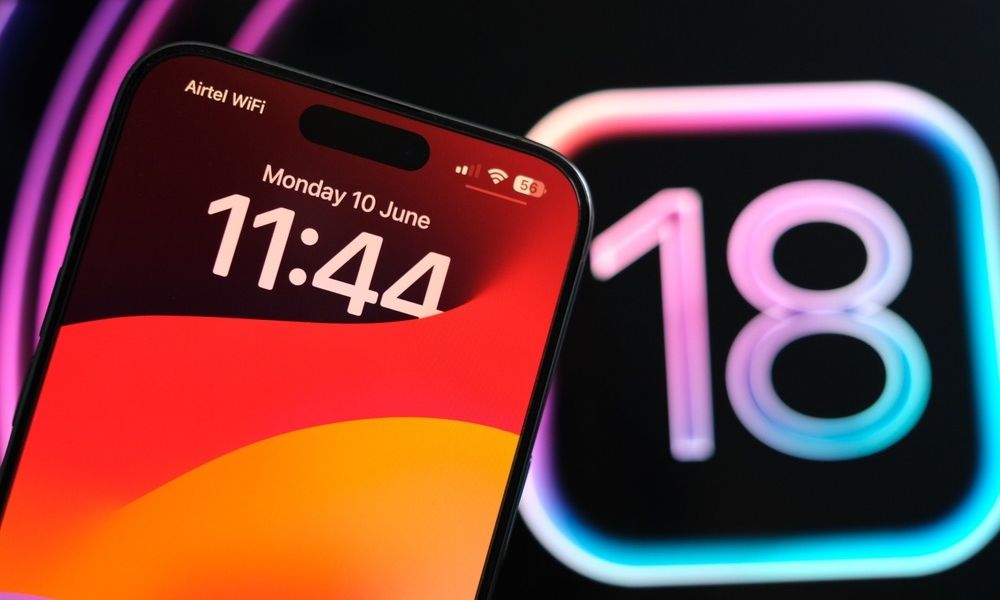
This will be very subjective, but many people consider the iPhone's operating system, iOS, easier to use and learn than Android.
Apple tries its best to make everything as easy to use as possible, although that can be a double-edged sword. For instance, in an effort to keep things simple, Apple can take longer to add features that Android users have had for years. We're talking, of course, about things like widgets and Home Screen customization.
Of course, this can be beneficial if you're looking for a device that just works. As soon as you set it up, the iPhone's simplistic and minimalistic design will make it very easy to use from the start.
Of course, that doesn't mean you won't find other plenty of advanced features and settings you can change if you're a power user. But it'll be easier to get a handle on iOS if you're just starting out — and if you find yourself overwhelmed by your Android phone, an iPhone may be the breath of fresh air you've been looking for.
iPhones Tend to Be Safer Against Malware
Let's start by saying that no platform is completely safe. iPhone and Android devices are both vulnerable to cyber-attacks. It doesn't matter which operating system you use; your device can still get infected with malware or hacked into if you're not careful.
That said, security experts generally agree that the iPhone offers better protection against cyber-attacks. Again, this is a double-edged sword, as this happens because of all the restrictions Apple has placed on iOS compared to Android's more open world.
For instance, Android devices can install apps from anywhere, while the iPhone can only use Apple's official App Store (and a handful of other places if you're in the European Union — all of which still need to be approved by Apple).
Of course, the iPhone also has vulnerabilities that have been exploited in the past, but Apple tends to be quick at fixing these problems with security updates.
That's more challenging in the Android world, as updates are pushed out on each manufacturer, and some can be abysmally slow. Depending on the company that makes your Android device, it might technically not be as safe as using an iPhone, especially if you're not careful with the apps you download or the websites you visit.
You Get a Lot of Great Apps First
Most of us can only download apps from the App Store, limiting the places we can get apps from.
However, in spite of this and how strict Apple can be when accepting apps for the App Store, you'll more often than not find great and sometimes exclusive apps that don't work as well as on Android devices.
The App Store usually features higher-quality apps than Google's Play Store. Moreover, some developers tend to launch apps on the App Store first, which means you might miss out on some great apps if you don't have an iPhone.
Another thing worth noting is that, since all iPhones come from Apple, it's easier to optimize apps for most iPhones — even if they're older. On the other hand, since there are a lot of Android devices out there, it's almost impossible for developers to optimize their apps for all smartphones, especially the older ones.
Family Sharing
Family Sharing is an Apple feature that, as you can guess, lets you share specific things with your family members.
You can set up Family Sharing on your iPhone, and if your relatives have an iPhone or other Apple device, you can share a lot of great things like subscription services, apps, App Store purchases, and even books you buy with Apple Books.
For instance, you can share your iCloud storage plan or an Apple Music family plan with up to five other family members. Even if you share a plan, all your accounts will be private, and you won't have to share anything with your family that you don't want to. With iCloud Storage, the allotment is shared, not the data.
Overall, it's a great way to save money on purchases or subscriptions that all the family members can use.
An iPhone Might Be Easier to Resell
When it's time to buy a new smartphone — whether it's an iPhone or an Android phone — you'll need to figure out what to do with your older iPhone.
The good news is that the iPhone and other Apple devices tend to keep their value much longer than most.
In other words, you're more likely to get a higher price iPhone than a random Android phone because it looks and feels more premium. Even if you have an older iPhone, you can still sell it for a decent price, especially compared to Android phones that aren't from the big companies like Google or Samsung.
The Infamous Blue Bubble
You've probably heard about the "controversy" behind the blue and green speech bubbles when you text. If you're texting with someone and a blue bubble shows up, it means they also have an iPhone, whereas if they have a green bubble, it means they have an Android device or other type of cell phone.
While the color of your bubble doesn't — or at least shouldn't — matter, there are some benefits to chatting with other iPhone users.
All iPhone users chat via iMessage, which gives them some benefits compared to talking to Android users. For instance, sending pictures, creating group chats, and even scheduling text messages when chatting with an iPhone user via iMessage is easier.
That said, iOS 18 has changed things a bit, thanks to support for Rich Communication Services (RCS). RCS is still carrier-based, so you'll only have it if your carrier offers it, but if so, you'll see some improvements when chatting with Android users (as long as they also support RCS). For instance, you can see if they've seen your message or if they're replying, and you can send higher-quality pictures or videos.
However, there aren't as many features as with iMessage, which makes chatting with other iPhone users a bit more convenient, at least with the Messages app. Plus, unlike iMessage, you won't benefit from end-to-end encryption (E2EE); Google Messages offers RCS between Android phones, but only if they're both using Google's messaging app, as that's a proprietary feature Google cooked up, and not part of the universal RCS standard.
A More Optimized Operating System
Things tend to be more optimized with an iPhone because nearly everything is easier to do. Since there aren't as many iPhone models as there are Android devices, it's easier for developers to improve and optimize software for the iPhone, including iOS.
Even if you have an older device, newer iOS software updates will work well, at least for the most part. When it comes to Android devices, it will depend on the developers behind them. That's because most Android phone makers move beyond Google's "stock" version of Android to add their own skins and user interface layers. This means they need to optimize both the new Android update and their Android "skin," and third-party developers also need to deal with these platform differences when building their apps.
This is less of an issue with the big players like Samsung or Google due to their massive popularity. However, even with Samsung you'll find budgets phones may not provide the same benefits that Samsung Galaxy Ultra users get.
Apple Is More Eco-Friendly (for the Most Part)
Apple has been working double-time to become an environmentally responsible company. It plans to become completely carbon neutral by 2030.
That's not to say other companies like Samsung don't do their job to help the environment. However, not every company that manufactures Android devices does the same thing. So it seems like Apple is, at least for now, the more eco-friendly company.
Many of Apple's devices are already carbon neutral, and many of its plans involve creating products with entirely recyclable materials.
Helping the world is our responsibility, and if you want to support companies that are doing their best to recycle and use clean energy, getting an iPhone might be a great way to do it.
Apple Offers a Lot of Premium Features for Free
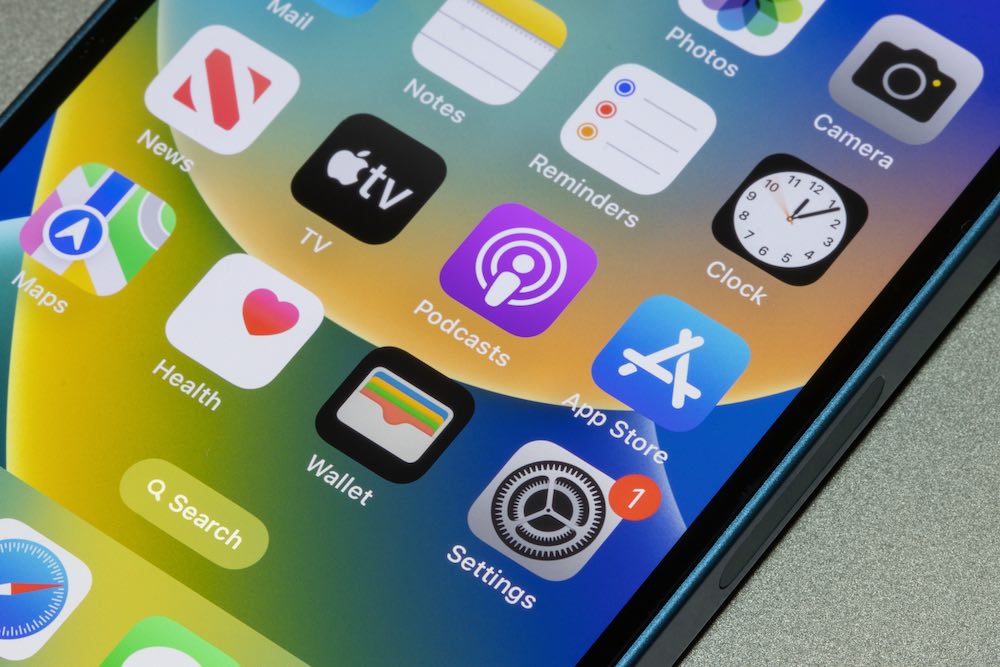
With every software update, Apple releases new and valuable features. The best part is that most new features are free for all iPhone users.
For instance, the Notes app comes with many features that, in other note-taking apps, are behind subscription plans. Other apps like Calendar or Maps also provide many useful features that aren't behind a paywall.
Of course, you might argue that you already paid for them when you bought an iPhone, which is already pretty expensive. But if you go for an Android, you might need to purchase the smartphone and then pay for those extra features.
Apple Wallet Features
While Google Wallet is getting better, it still doesn't offer as many features as you get with the iPhone's Wallet app. Both can store your credit cards and and pay on the fly, along with loyalty cards and passes, and Google is catching up with digital driver's license support, but Apple is still ahead in several other ways.
For instance, Apple offers a credit card that you can apply for and manage directly in the wallet app. There's also has a high-yield savings account you can apply for to deposit your Daily Cash back, which provides more interest than many other bank accounts.
With iOS 18, you can also use Tap to Cash to transfer money to other iPhone users by placing your iPhones together. This is quick and safe, and you don't have to store the other person's information to do it.
In addition to credit cards and digital IDs, Apple Wallet can also store digital keys for your home, office, and car, plus more sophisticated event tickets thanks to a new feature in iOS 18.
It's Time to Make the Switch
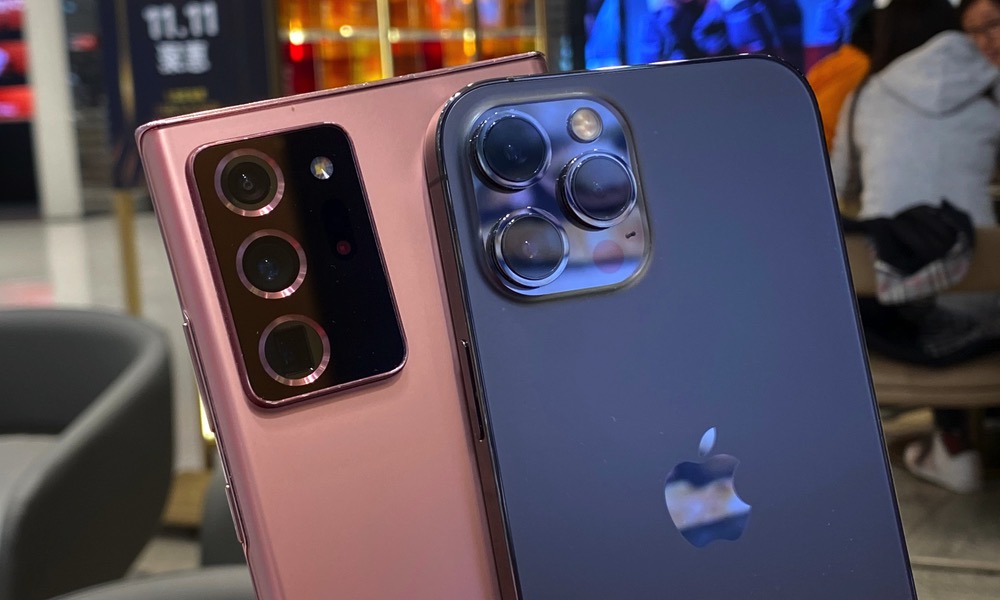
As you can see, having an iPhone comes with a lot of benefits over having an Android device. Of course, that doesn't mean that Android phones are bad. After all, they have some features that iPhone users need to wait years to try for themselves.
Still, if any of these benefits are a must-have, choosing an iPhone over an Android device might be the right move.

